Mr. Tran Van Nhuan, Secretary of the Party Committee of Trieu Dai Commune, Trieu Phong District, shared that people start by cleaning their yards, planting a flower bed in front of the gate, keeping the village roads clean, etc. The construction of new rural areas in the locality does not start with billion-dollar projects, but starts with changes in awareness and community lifestyle. “Governments at all levels play a role in connecting, supporting and guiding, but the greatest success still comes from the consensus of the people. Some people contribute labor, some contribute land, some contribute materials, etc. Each road, each cultural house, each lighting pole is the result of this joint effort!”, Mr. Nhuan emphasized.
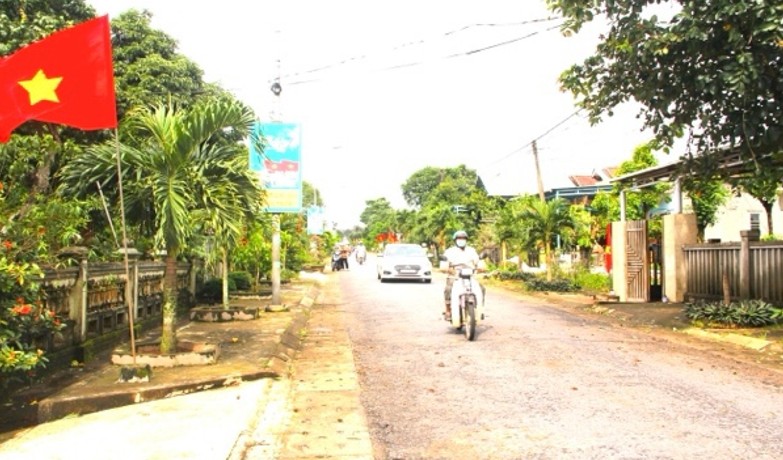
In the highlands of Huong Hoa, the construction of new rural areas still faces many challenges, especially for ethnic minorities. There is a lack of production land, infrastructure such as transportation, schools, cultural facilities, and clean water is still limited and not synchronized; people's living standards are still low. However, these difficulties do not slow down the journey of innovation. Ms. Ho Thi Nhung, a Van Kieu woman in Huc commune, shared: "In the past, I did not dare to dream of toilets and clean water. Now many households have access to clean, hygienic water; households have built their own toilets to protect the living environment; children go to new schools, and no longer have to wade through streams to go to school." Quang Tri province has proactively assigned departments, branches and businesses to support particularly disadvantaged communes. Agricultural production models associated with product consumption, such as growing medicinal herbs under the forest canopy, growing organic coffee, and specialties; Raising livestock according to safety standards - gradually helping people stabilize their lives, towards sustainable poverty reduction.
From NTM to smart countryside
Up to now, Quang Tri has had 69/95 communes (according to data after merging communes) meeting the NTM standards, accounting for 72.6%. Of these, 3 communes are in ethnic minority and mountainous areas, which were previously "blank" areas in terms of infrastructure and public services.
Average income per capita in rural areas reached 38.34 million VND/year. The multidimensional poverty rate in rural areas decreased to 13.92% - a significant result for a province with many difficulties like Quang Tri. Along with that, the "One Commune One Product" (OCOP) program also flourished strongly. By the end of 2024, the whole province had 172 OCOP products, including 02 5-star OCOP products, 33 4-star products, 137 3-star OCOP products. Many specialties such as medicinal herbs, Khe Sanh coffee, organic rice, pepper, etc. are now available on e-commerce platforms and major supermarket chains as well as in the international market.
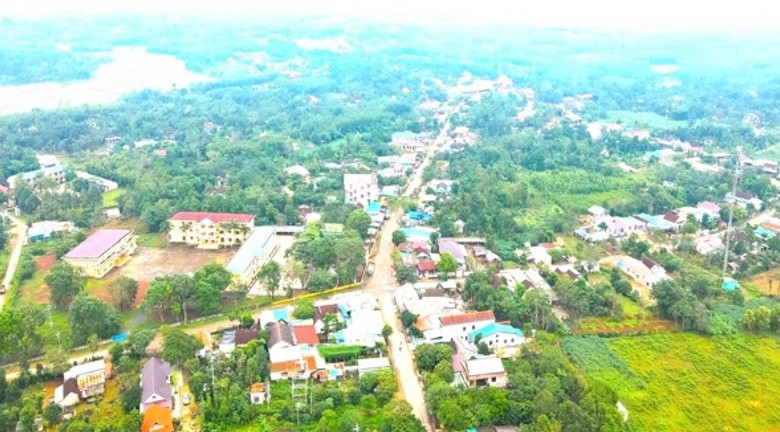
Not stopping at the basic criteria, Quang Tri is gradually applying digital transformation to the construction of new rural areas. Many localities have applied technology in organizing production, tracing the origin of OCOP products, updating population data and public services. In addition to maintaining the achieved results, to improve the quality of new rural areas, the province is focusing on directing the construction of new rural model villages and communes, smart rural areas towards the period of 2025-2030, the province will have more new rural model models, smart rural areas associated with community tourism, green economic development.
In Cam Chinh commune, one of the leading localities in the district, Party Secretary Nguyen Thanh Lam proudly said: “In the past, the whole village only had a few tractors and a few houses. Now, people use smartphones to order seeds, monitor the weather and sell agricultural products online”. Cam Chinh is striving to become a model new-style rural commune in the direction of a smart commune, with the orientation of taking people as the center, technology as a tool, and creativity as the driving force...
Mr. Ho Xuan Hoe, Director of the Department of Agriculture and Environment of Quang Tri province, said that the thinking of building new rural areas in Quang Tri does not stop at investing in infrastructure; from early on, the province has identified the core goal of improving the lives of rural people by changing their thinking, awareness, and production practices from agricultural production to agricultural economy; at the same time, it is interested in promoting the application of science and technology, digital transformation in agriculture and rural areas; this is an important "key" to developing modern agriculture, improving the efficiency of state management and providing better public services to the people.
Source: https://cand.com.vn/doi-song/nong-thon-moi-o-quang-tri-khoi-sac-tu-nhung-dieu-gian-di-i765374/



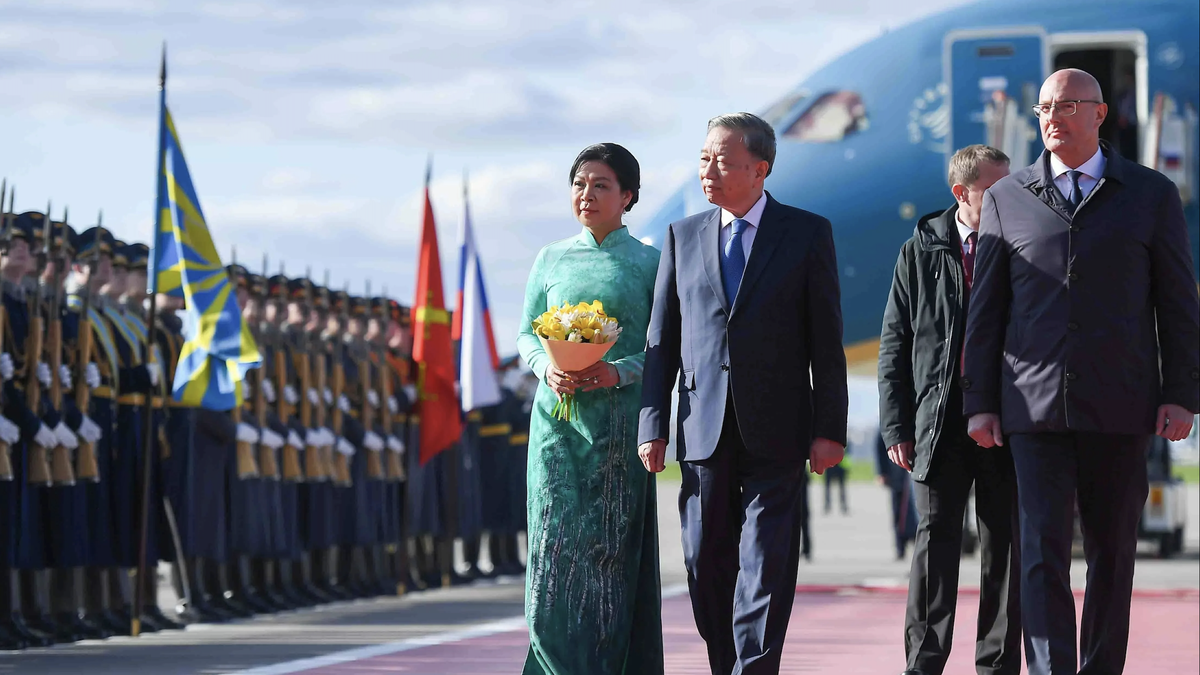




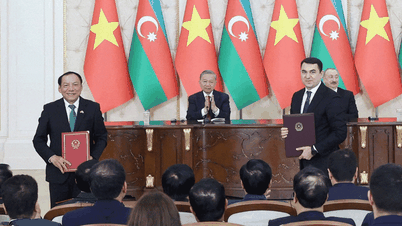

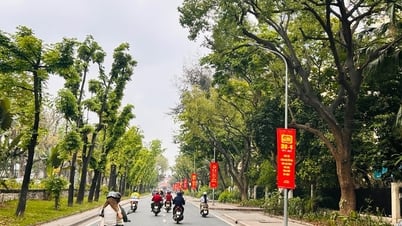
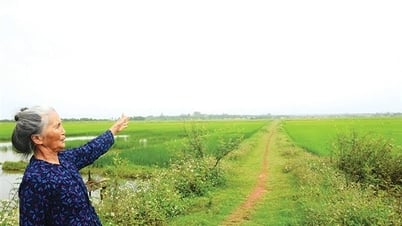
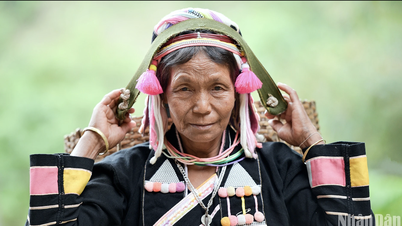
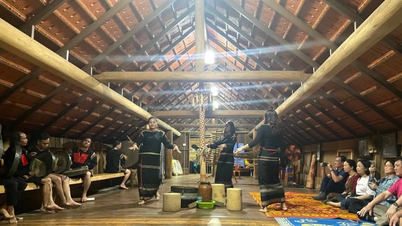




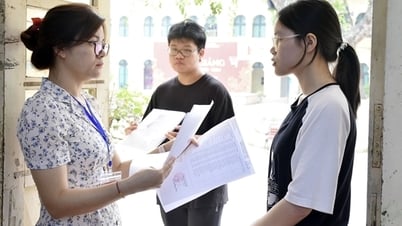
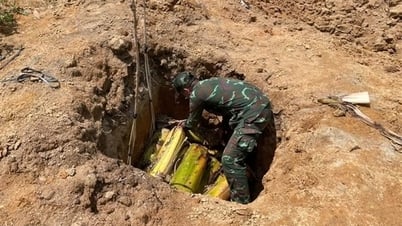
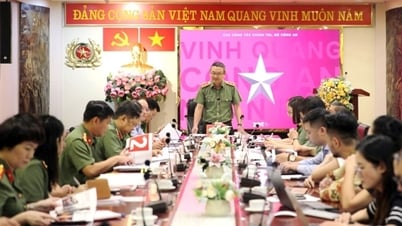

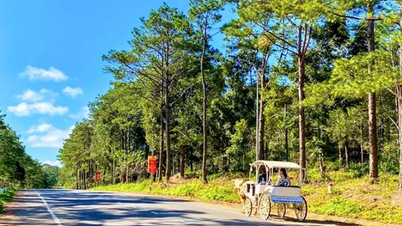

![[Photo] General Secretary To Lam begins official visit to Russia and attends the 80th Anniversary of Victory over Fascism](https://vphoto.vietnam.vn/thumb/1200x675/vietnam/resource/IMAGE/2025/5/8/5d2566d7f67d4a1e9b88bc677831ec9d)
![[Photo] Prime Minister Pham Minh Chinh meets with the Policy Advisory Council on Private Economic Development](https://vphoto.vietnam.vn/thumb/1200x675/vietnam/resource/IMAGE/2025/5/8/387da60b85cc489ab2aed8442fc3b14a)



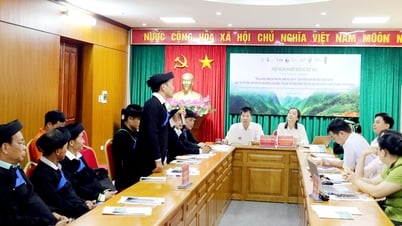

































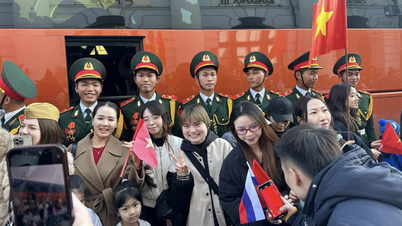



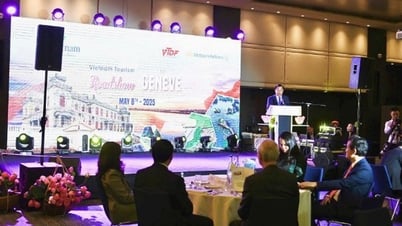


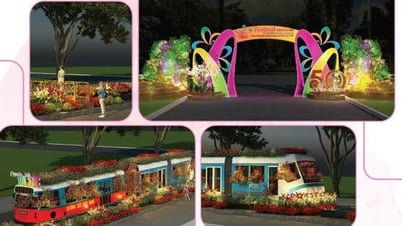
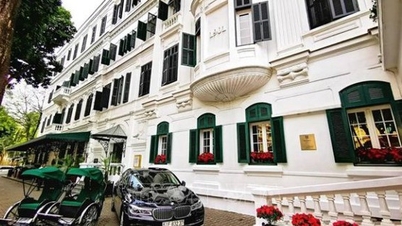
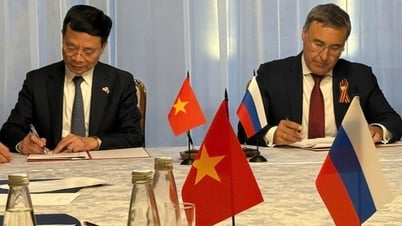

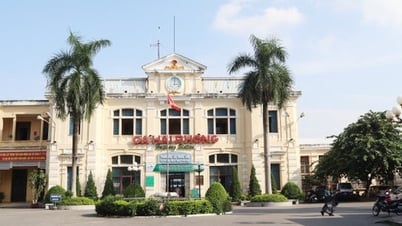


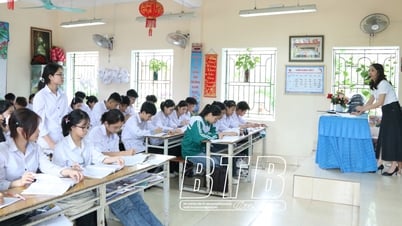

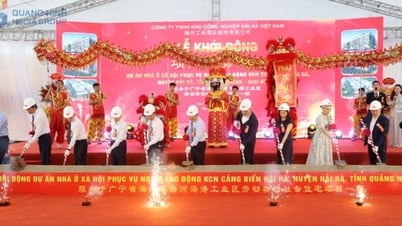



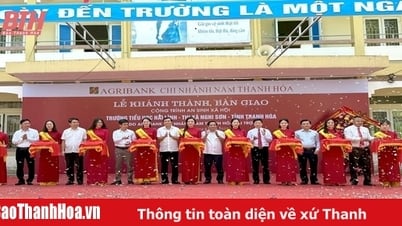

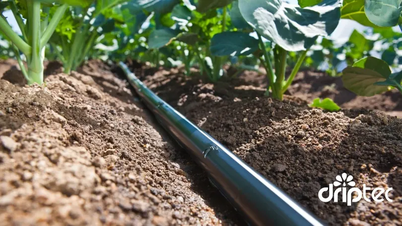











Comment (0)